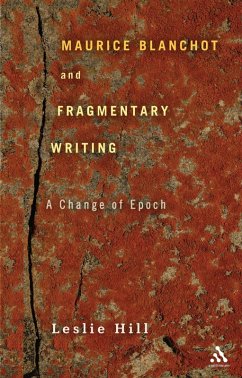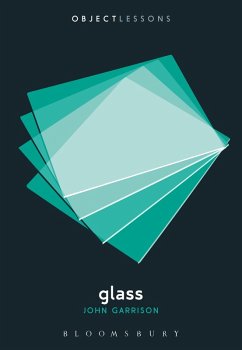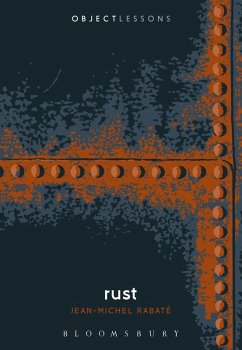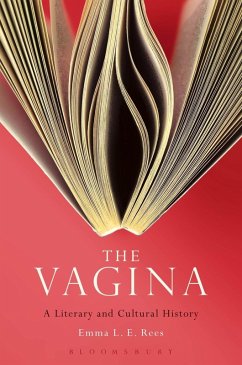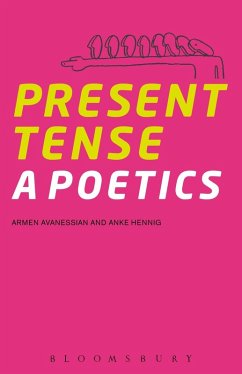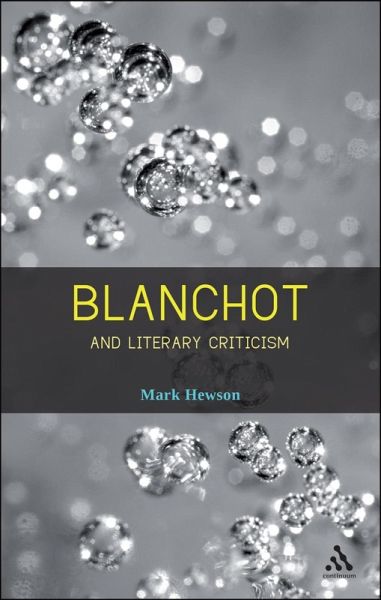
Blanchot and Literary Criticism (eBook, PDF)
Versandkostenfrei!
Sofort per Download lieferbar
24,95 €
inkl. MwSt.
Weitere Ausgaben:

PAYBACK Punkte
12 °P sammeln!
Blanchot's writings on literature have imposed themselves in the canon of modern literary theory and yet have remained a mysterious presence. This is in part due to their almost hypnotic literary style, in part due to their distinctive amalgam of a number of philosophical sources (Hegel, Heidegger, Levinas, Bataille), which, although hardly unknown in the Anglophone philosophical world, have not yet made themselves fully at home in literary theory. This book aims to make visible the coherence of Blanchot's critical project. To recognize the challenge that Blanchot represents for literary criti...
Blanchot's writings on literature have imposed themselves in the canon of modern literary theory and yet have remained a mysterious presence. This is in part due to their almost hypnotic literary style, in part due to their distinctive amalgam of a number of philosophical sources (Hegel, Heidegger, Levinas, Bataille), which, although hardly unknown in the Anglophone philosophical world, have not yet made themselves fully at home in literary theory. This book aims to make visible the coherence of Blanchot's critical project. To recognize the challenge that Blanchot represents for literary criticism, one has to see that he always has in view the self-interrogation that characterizes modern literature, both in its theory and its practice. Blanchot's essays study the forms and the paths of this research, its solutions and its impasses; and increasingly, they sketch out the philosophical and historical horizon within which its significance appears. The effect is to revise the terms in which we see the genesis of the modern literary concept, not least of the manifestations of which is literary criticism itself.




